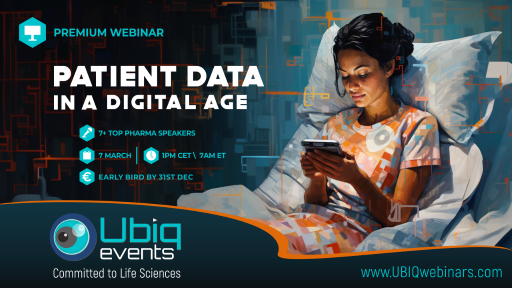Covid-19, the first alarming pandemic of the third millennium, has caused global public health and economic crises, necessitating rapid development and deployment of vaccines. The worldwide response has been unprecedented with government, academic, and private partnerships working together, rapidly exchanging information and ultimately changing the traditional, lengthy approaches in vaccinology with new emerging technologies offering a promising solution for faster and more flexible development of vaccine candidates that will positively change the global pandemic preparedness strategy.
The monitoring of adverse reactions associated with vaccination is one of the most important factors in vaccine safety. Although vaccines are among the safest medicines on the market, vaccines are not completely risk-free, and adverse events may occur following vaccination. Careful assessment of any adverse events following immunization is essential to distinguish those that are causally linked to the vaccination from those just coincident in time, in order to prevent vaccine distrust or misperception and to ensure an efficient vaccination campaign especially in the context of a global pandemic.
The objective of this presentation is to critically review the most up-to-date available safety data on different Covid-19 vaccines and vaccine candidates in clinical development, understanding their specifications from the mode of action to effectiveness in the context of a challenging global vaccination campaign.
Alex Bica
Director, Global Clinical Safety and Pharmacovigilance, Global R&D, CSL Behring












